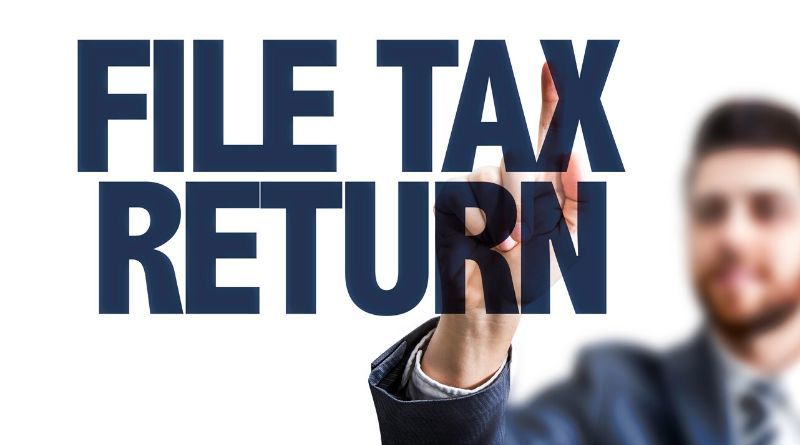HMRC 'Direct Recovery of Debt' Powers
Details of controversial new powers for HMRC were recently unveiled by George Osbourne in the July Budget.
The ‘Direct Recovery of Debts’ power will allow HMRC the ability to recover amounts of tax (above £1,000) that it believes is owed directly from individuals’ bank accounts and ISAs.
HMRC Debt Recovery Powers
When HMRC believes that an individual owes more than £1,000 in unpaid tax it will issue a ‘hold notice’ to them. Following this point, if the individual does not respond within the set timeframe, HMRC will issue a further ‘deduction notice’ which will require the bank to transfer the requested funds (i.e. how much unpaid tax it suspects is owed) without the authorisation of the account holder.
The initiative will also give HMRC the power to freeze all but £5,000 of an individual’s assets when it believes tax is owed.
Concerns have been raised about the Direct Recovery of Debts proposals from experts and consumer rights groups, such as The Tax Payers Alliance.
Unpaid Tax
HMRC had previously declared that the Direct Recovery of Debts initiative will target those who have ‘played the system’ and refuse to pay the unpaid tax despite having the means to do so, rather than those who may experience cashflow difficulties.
In the July Budget it was stated that the initiative will be ‘subject to robust safeguards’ which may include an appeal process through the county court and face to face visits by HMRC to the suspected debtor.
According to official documents, the government expects to recover £375million from the initiative by 2019.
If you may have unpaid tax and would like to clear up your affairs with HMRC our experienced team of tax professionals can help.
We provide a free initial phone consultation in order to build up a better picture of your circumstances. For more information contact us on 0113 387 5670 or fill out an Enquiry Form and we will contact you straight away.


